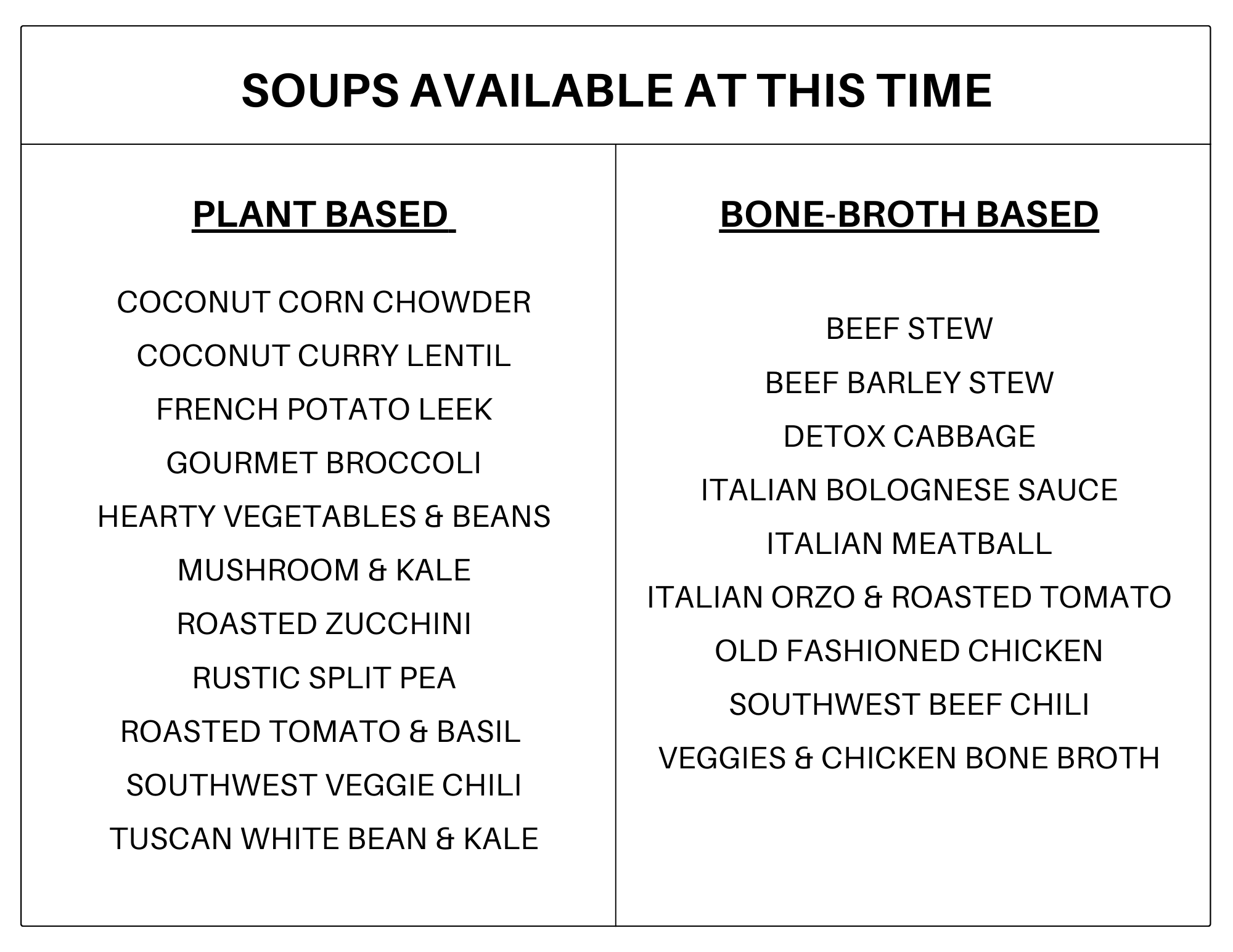Mushroom and Kale

Organic Soup Kitchen’s Mushroom and Kale soup provides a unique blend of ingredients that offer support for your immune system and prevention against many common chronic diseases.
Mushrooms are a very strong source of selenium, an essential micronutrient that is required for the proper functioning of most organs in the body. Selenium is also important for protection against oxidative stress in the body, which can lead to increased risk of developing many chronic degenerative diseases. In fact, a study conducted in 2017 found that when people were selenium-deficient, they had a 4-5 fold increased risk of prostate cancer. Mushrooms are also great sources of beta-glucans, which are fibers naturally found in cell walls of fungi. Beta-glucans have been shown to stimulate the immune system to help fight infectious diseases, while also lowering blood cholesterol and exhibiting bone healing properties in the body.
Kale is packed with vitamin C, an essential nutrient that cannot be synthesized by the body and must be therefore provided by diet. Vitamin C is an important contributor to the protection of the immune system, given that it stimulates natural killer cells which destroy infected cells. Beyond supporting the immune system, Vitamin C can aid with the prevention of atherosclerosis, a disease that causes blockage of large arteries and can lead to heart disease and stroke. Vitamin C strengthens the walls of the artery to stop future blockage.
Organic Soup Kitchen’s Mushroom and Kale soup provides a low-sodium, low-fat option for those looking to boost their immune systems and help lower risk for chronic disease.
References
Kieliszek M. Selenium–Fascinating Microelement, Properties and Sources in Food. Molecules. 2019;24(7):1298. doi:10.3390/molecules24071298Kalaras MD, Richie JP, Calcagnotto A, Beelman RB. Mushrooms: A rich source of the antioxidants ergothioneine and glutathione. Food Chem. 2017;233:429-433. doi:10.1016/j.foodchem.2017.04.109
Hsueh YM, Su CT, Shiue HS, et al. Levels of plasma selenium and urinary total arsenic interact to affect the risk for prostate cancer. Food Chem Toxicol Int J Publ Br Ind Biol Res Assoc. 2017;107(Pt A):167-175. doi:10.1016/j.fct.2017.06.031
Bashir KMI, Choi JS. Clinical and Physiological Perspectives of β-Glucans: The Past, Present, and Future. Int J Mol Sci. 2017;18(9):1906. doi:10.3390/ijms18091906
Chambial S, Dwivedi S, Shukla KK, John PJ, Sharma P. Vitamin C in Disease Prevention and Cure: An Overview. Indian J Clin Biochem. 2013;28(4):314-328. doi:10.1007/s12291-013-0375-3
Abel AM, Yang C, Thakar MS, Malarkannan S. Natural Killer Cells: Development, Maturation, and Clinical Utilization. Front Immunol. 2018;9:1869. doi:10.3389/fimmu.2018.01869
Lusis AJ. Atherosclerosis. Nature. 2000;407(6801):233-241. doi:10.1038/35025203


